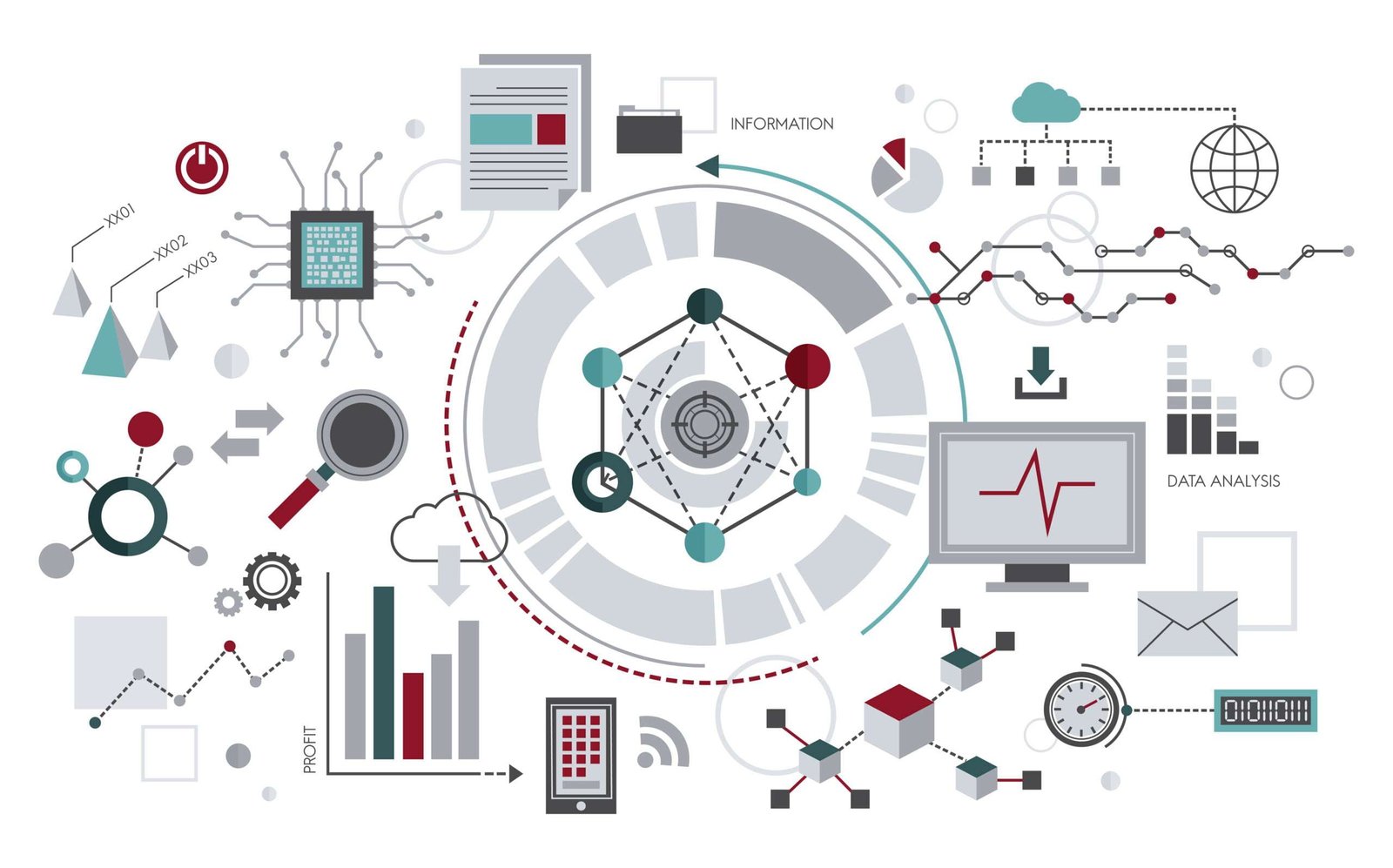Optimizing Generative AI with Real-Time Data and Strong Governance
Companies around the globe are harnessing the power of generative AI to gain competitive advantages. However, the surge in generative AI applications has created a robust demand for real-time data and improved data governance. Understanding this dynamic can help organizations better adapt to the evolving landscape, ensuring they remain both innovative and compliant.

Generative AI and its Demand for Real-Time Data
Generative AI, an exciting subset of artificial intelligence, can generate new content by leveraging vast amounts of existing data. This capability makes it incredibly valuable for tasks such as content creation, data augmentation, and model training. However, to function effectively, generative AI systems require a constant influx of real-time data.
Why Real-Time Data is Crucial
Firstly, real-time data ensures that the outputs of generative AI are relevant and up-to-date. For instance, in financial trading, where conditions change by the second, real-time data can help predictive models offer timely insights. Secondly, integrating real-time data allows companies to monitor and adjust AI-driven processes dynamically, ensuring optimal performance.
Challenges in Real-Time Data Integration
However, integrating real-time data into AI systems isn’t without challenges. Organizations must navigate complexities such as:
- Data latency
- Data integrity
- Scalability of infrastructure
Further complicating the matter, maintaining the quality and consistency of real-time data feeds often requires significant resources.
Improved Data Governance: A Necessity
As generative AI systems become more prevalent, the need for stringent data governance becomes clear. Improved data governance ensures that data is not only accurate but also used responsibly. This is crucial for maintaining ethical standards and regulatory compliance.
Elements of Effective Data Governance
Effective data governance revolves around several key elements:
- Data Quality: Ensuring the accuracy, completeness, and reliability of data is critical.
- Data Security: Protecting data from breaches and unauthorized access mitigates risks.
- Data Privacy: Compliance with regulations like GDPR and CCPA is essential.
- Data Lifecycle Management: Managing data from creation to disposal ensures efficiency and compliance.
Impact on Organizational Practices
More robust data governance impacts how organizations manage and use data. Moreover, it prompts organizations to invest in tools and technologies that facilitate better data management. For instance, implementing data cataloging tools can improve data discoverability and quality.
Strategies for Meeting Data Demands
Companies need to implement effective strategies to meet the data demands of generative AI. These strategies will ensure a steady flow of high-quality, real-time data in a governance-compliant manner.
Investing in Scalable Infrastructure
To handle the massive data streams generative AI requires, companies should invest in scalable, cloud-based architectures. Cloud solutions offer the advantage of flexibility and scalability, allowing organizations to scale their data infrastructure as their needs grow.
Utilizing Advanced Data Integration Tools
Using advanced data integration tools can simplify the process of real-time data ingestion. Tools that support various data formats and offer real-time processing capabilities will be invaluable. Consequently, organizations can ensure that their AI systems receive fresh, high-quality data.
Prioritizing Data Governance from the Outset
Effective data governance should not be an afterthought. Instead, it should be integrated from the start. Establishing clear data governance policies and assigning dedicated data stewards can help maintain the integrity of data throughout its lifecycle.
In conclusion, the rise of generative AI has amplified the need for real-time data and robust data governance. Organizations must adapt by investing in scalable infrastructure, advanced data integration tools, and comprehensive data governance practices. By doing so, they can harness the full potential of generative AI while staying compliant with regulatory standards.
For more insights into balancing innovation with compliance, check our blogs, additionally check out article on the criticality of data governance and external resource on AI best practices.
